
101 Amazing Taylor Swift Facts
¥19.52
Are you a fan of talented singer and gossip-column favorite Taylor Swift? Do you want to know 101 amazing facts about her that you might not have been aware of until now? If so, then this easy-to-digest eBook is perfect for you. Contained within are 101 facts about the much-loved country singer. Test yourself and your friends' knowledge with these handily-packaged facts easily organised into categories for maximum enjoyment. Subjects include Taylor's music, upbringing and of course her long string of failed relationships including Harry Styles. Show everyone that you are the world expert on Taylor Swift!
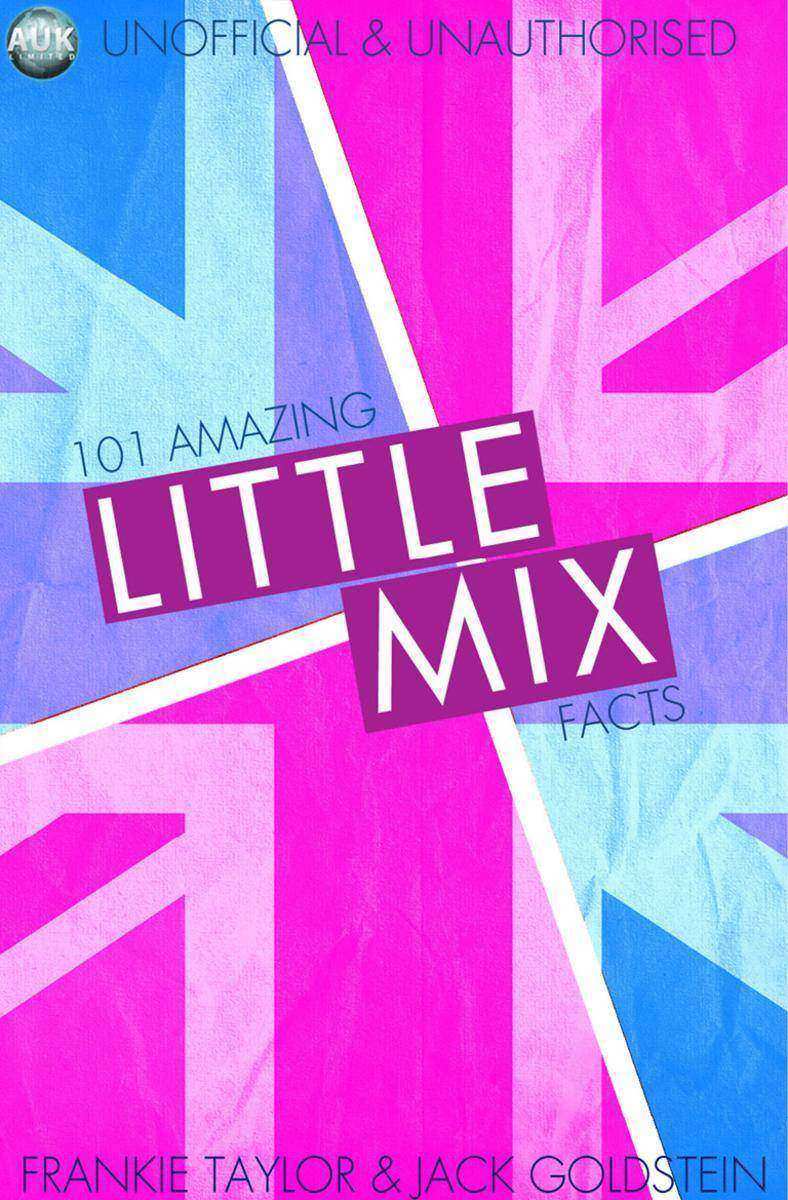
101 Amazing Little Mix Facts
¥19.52
Are you a fan of world famous girl band Little Mix? Do you want to know everything there is to know about Perrie, Jesy, Leigh-Anne and Jade? if so, then this is the book for you. Contained within are over one hundred amazing facts about everything from the girls' upbringing to the band's formation, the many awards they have won and much more. Get the facts you want quick!

Great Singers
¥19.52
A fantastic look at the life of nine historical singers: Maria Felicia Malibran Wilhemina Schroder-Devrient Giulia Grisi Pauline Viardot Fanny Persiani Marietta Alboni Jenny Lind Sophie Cruvelli Theresa Titiens
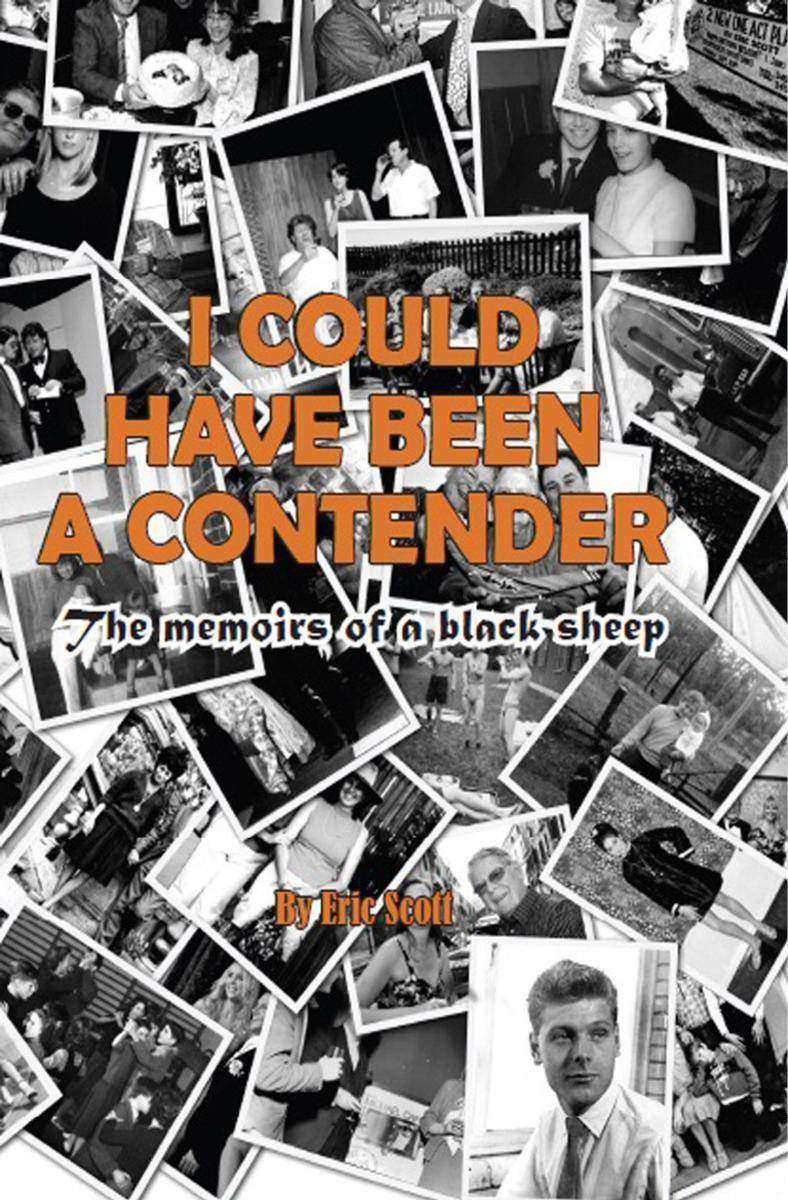
I Could Have Been a Contender
¥29.33
It's 1971 and rock and roll was at its height. Small-time Australian agent Wayne Zemmerman scored an unimaginable coup when he signs British supergroup Andromeda for a nationwide tour. Showbiz reporter Scottie McPherson smells a rat and starts his investigation. The Sound Mixers is a dramatic expose of the rock industry: fiction that reads like fact. A gripping story that moves at breathtaking pace to a devastating climax, Performers, promoters, manipulators, illusion creators - the characters which inhabit the world of rock'n'roll are ruthlessly dissected in an intricate plot full of shocks and suspense. Big business is the name of the game; a game in which the tough survive... but even then not always.He clears up some old mysteries too - like what really happened on the night when American TV star Michael Cole swore on live TV at the Australian Logie Awards and how the Beatles came by their trademark haircut.But it is not all showbiz; the memoirs take us through the childhood fun and games of World War II in the UK, the miseries of teen hood and the horrors and fun of National Service, not to mention the personal traumas of five marriages and break-ups.The stories from a great raconteur run through eight decades, from 1939 through to 1970 in the UK and from then on in Australia. The book gives a shrewd insight to the changing lifestyles through those decades and through the eyes of a professional observer.
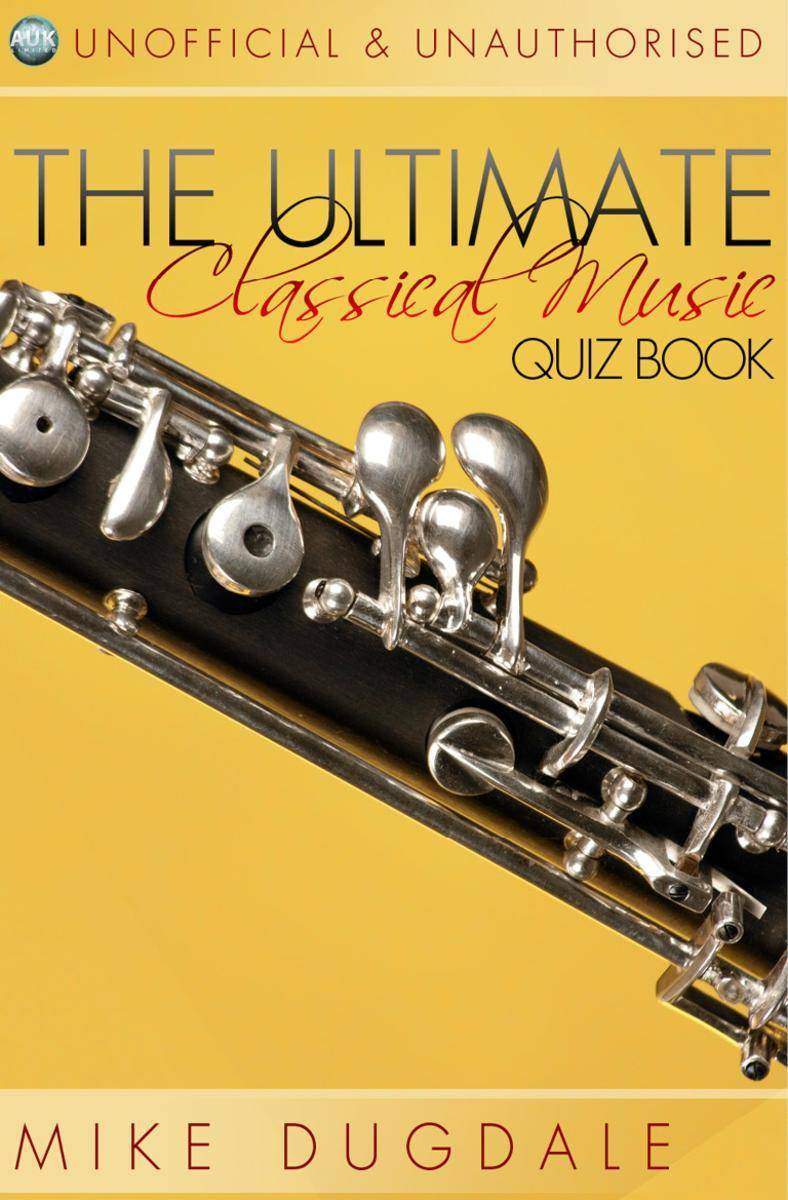
Ultimate Classical Music Quiz Book
¥19.52
The 'The Ultimate Classical Music Quiz Book' is a fun selection of original questions (and answers!), comprehensively covering all facets of classical music between 1730 and 1820! As a quiz game it will separate the Mozart's from the Salineri, the Beethoven's from the Luchesi's and is a fantastic way to enjoy classical music even more.

101 Amazing Facts About Rod Stewart
¥19.52
Are you the world's biggest Rod Stewart fan? Or do you want to find out everything there is to know about one of the world's best-loved singers?If so, then this is the book for you! Contained within are 101 amazing facts about how Rod got started in the music industry, the numerous awards he has won, the beautiful women he has dated, plus many more. The book is easily organised into sections so you can find the information you want fast!
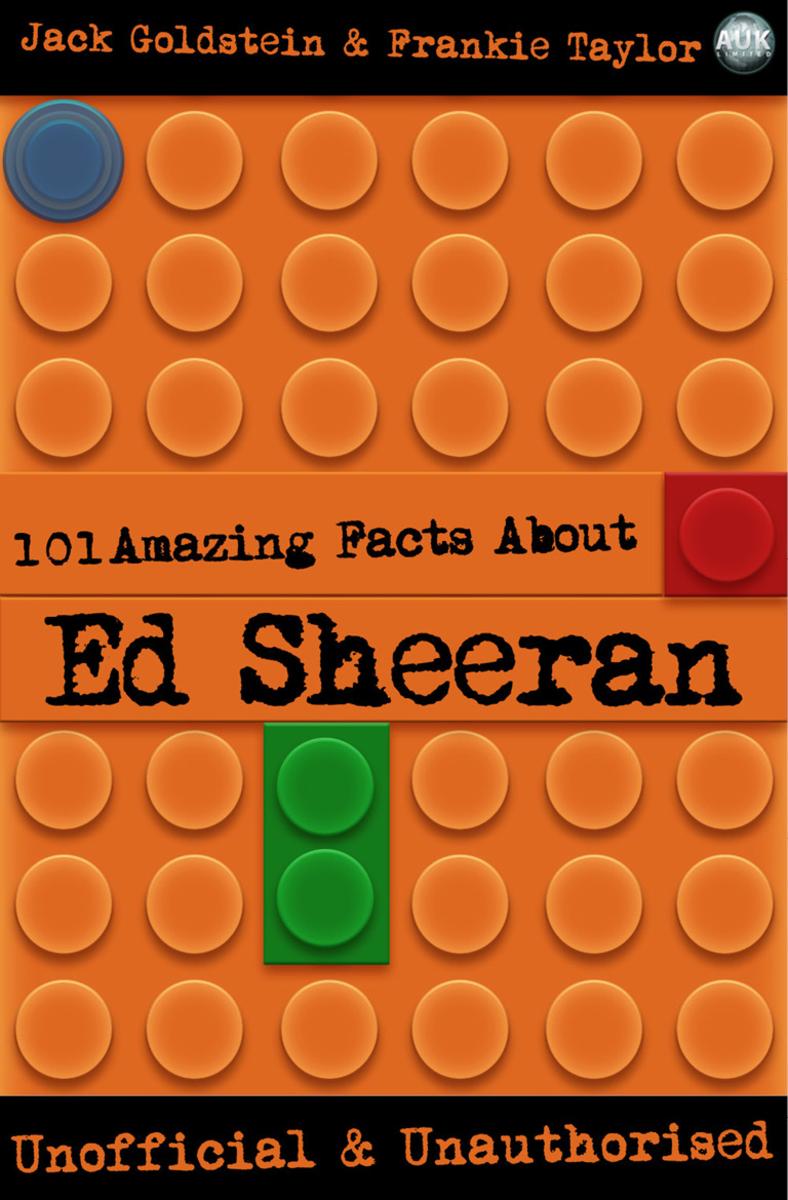
101 Amazing Facts About Ed Sheeran
¥19.52
Are you the world's biggest Ed Sheeran fan? Or do you want to know everything there is to know about one of the most talented singer-songwriters of a generation?If so, then this is the book for you! Contained within are 101 amazing facts about everything, from how Ed got started in the music industry to his many tattoos, collaborations with other artists and much more. The book is easily organised into sections so you can find the information you want fast and is perfect for all ages!
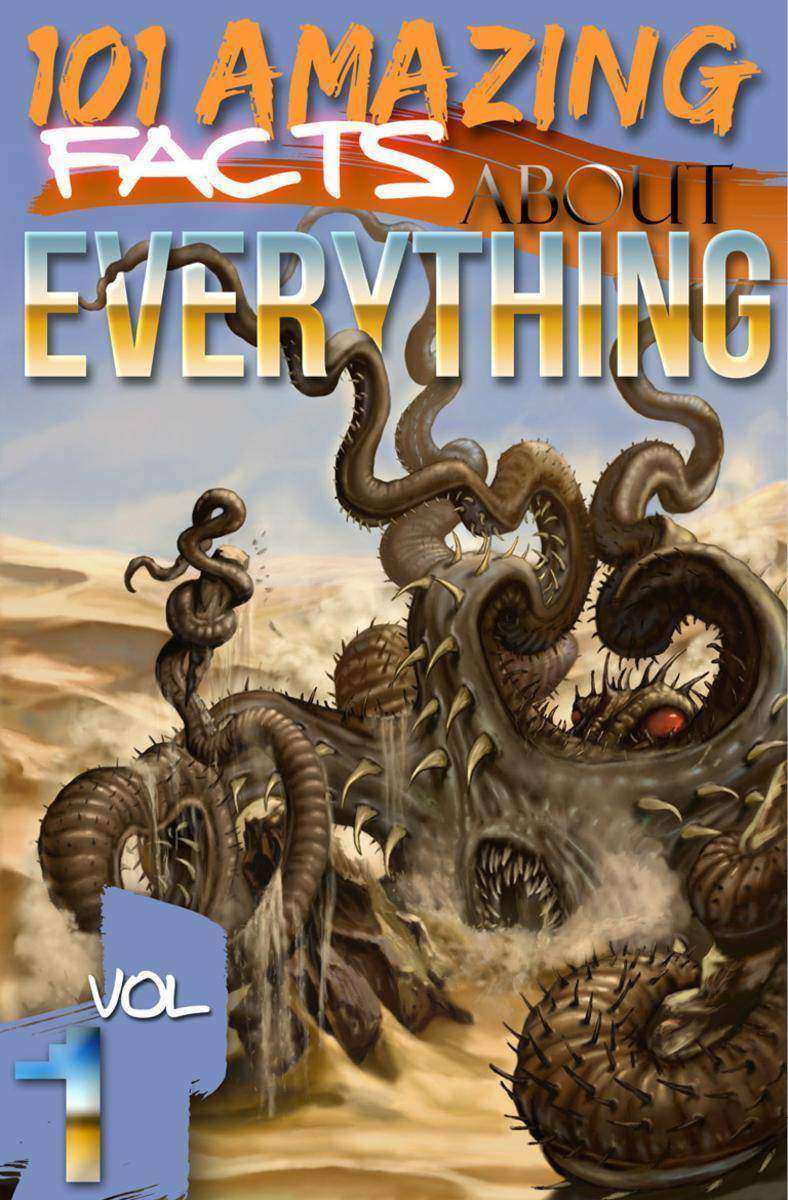
101 Amazing Facts About Everything - Volume 1
¥19.52
Did you know that President Theodore Roosevelt had a guinea pig called Fighting Bob Evans along with many other hilariously named pets? Were you aware that a certain Brazilian Emperor didn't oppose a military coup because he no longer enjoyed his job? Brought to you by renowned trivia historians Jack Goldstein and Jimmy Russell, this eBook is full of facts that will make you laugh, gasp in amazement and possibly blow your mind. Find out what percentage of the world's wood is used just by IKEA, the unusual job Sylvester Stallone once had, who wrote the world's first knock-knock joke and much, much more.
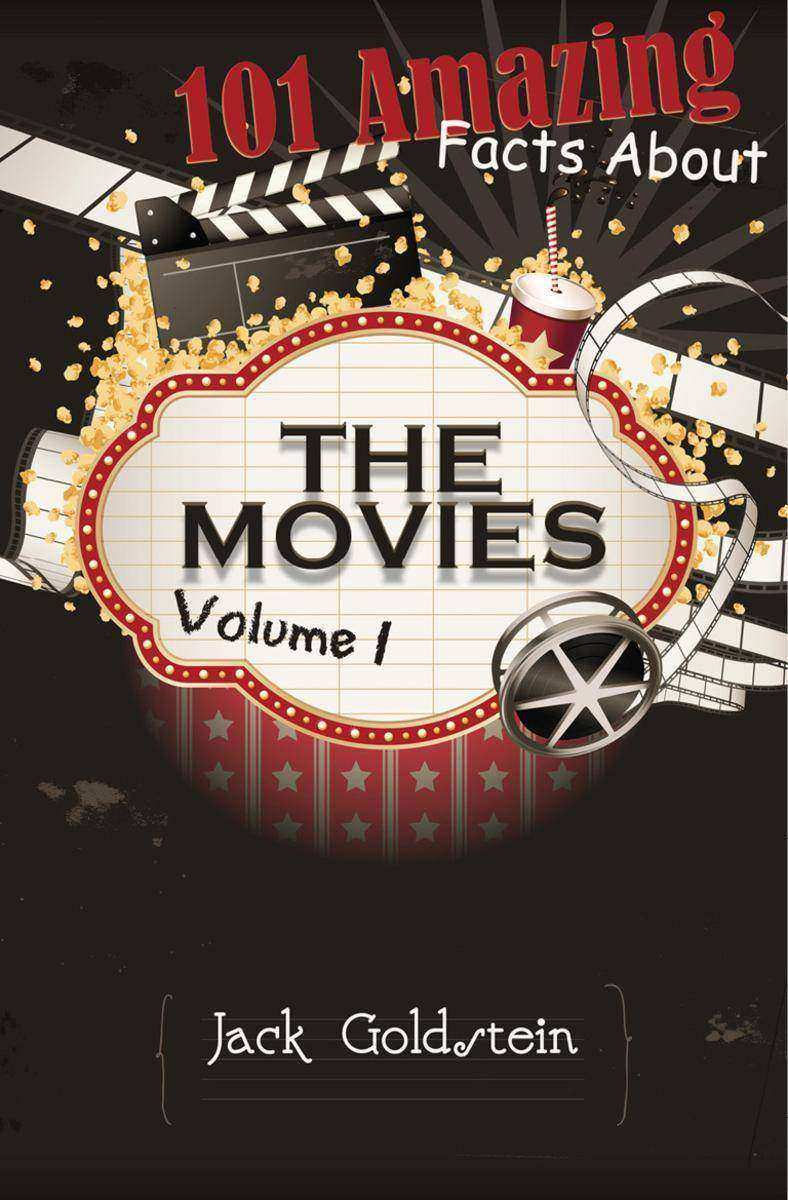
101 Amazing Facts about The Movies - Volume 1
¥19.52
Did you know that the dog who played Toto in The Wizard of Oz earned more money for the film than any of the munchkins did? Or that Jack Nicholson was considered for the role of Hannibal Lecter in Silence of the Lambs? If you enjoy going to the movies, you will love this book which contains over one hundred amazing facts about your favourite flicks. Organised into sections such as cameos, money, props and more, this is the perfect addition for any film fan's bookshelf.

50 Quick Facts About New York
¥9.71
New York is one of the most densely populated Staes in all of America and is home to New York City which is one of the worlds most visited tourist destinations and home to attractions such as the Empire State Building, Times Square and the Statue of Liberty amongst others. Inside this book you will find various facts and trivia about the state, it's history, geography and other interesting facts.
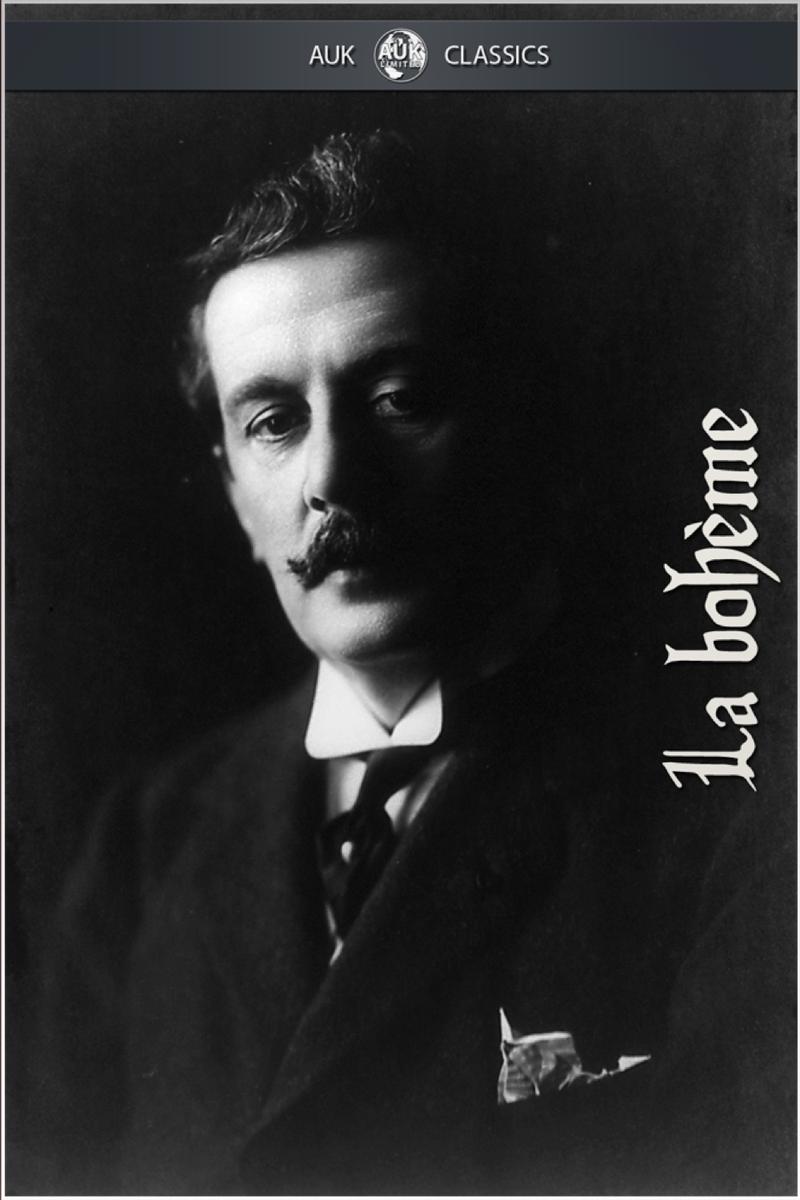
La Boheme
¥19.52
The full english text for the opera La Boheme by Giacomo Puccini. A romantic tragedy about the love between a poet, Rodolfo, and a seamstress, Mimi.
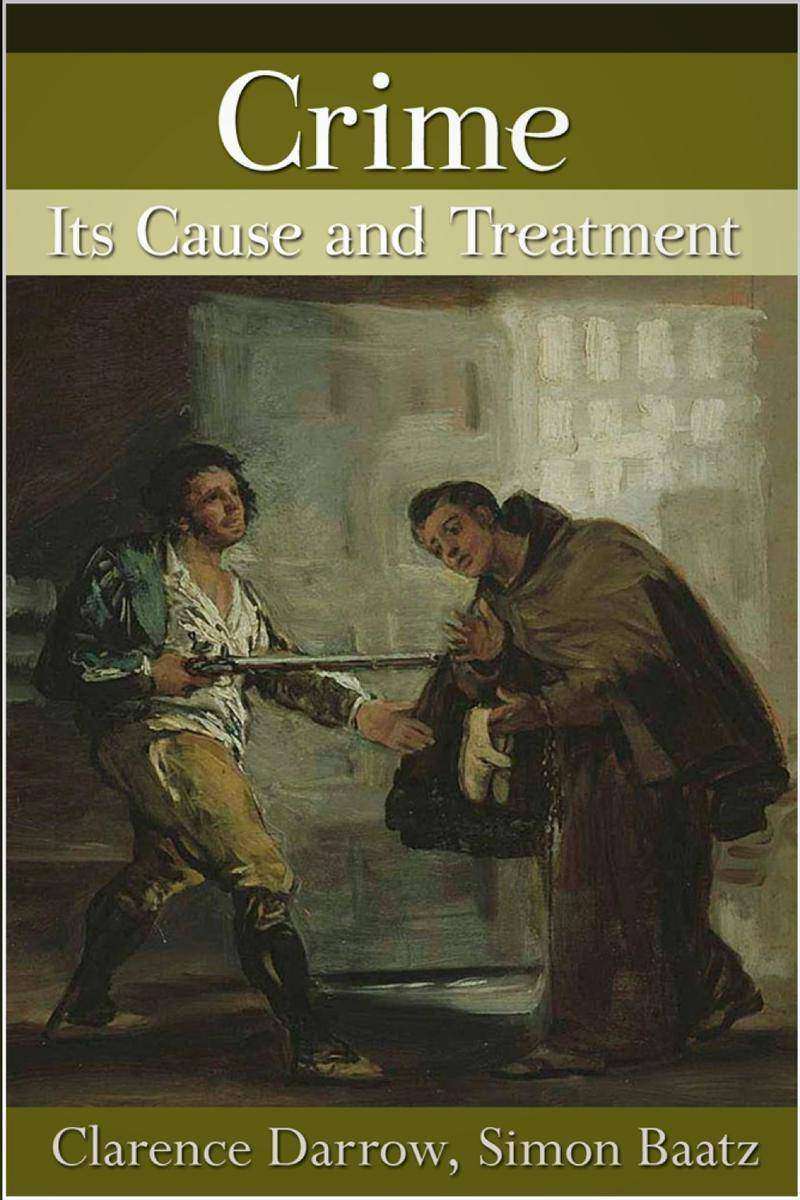
Crime
¥19.52
A wonderfully comprehensive look at the subject of crime, written by American lawyer Clarence Darrow. Looks at everything from the reasons people commit crimes, to the effects and ethics of punishment, to the role of the police, to the criminal mindset and underworld, to the concept of war crimes, and much more besides.
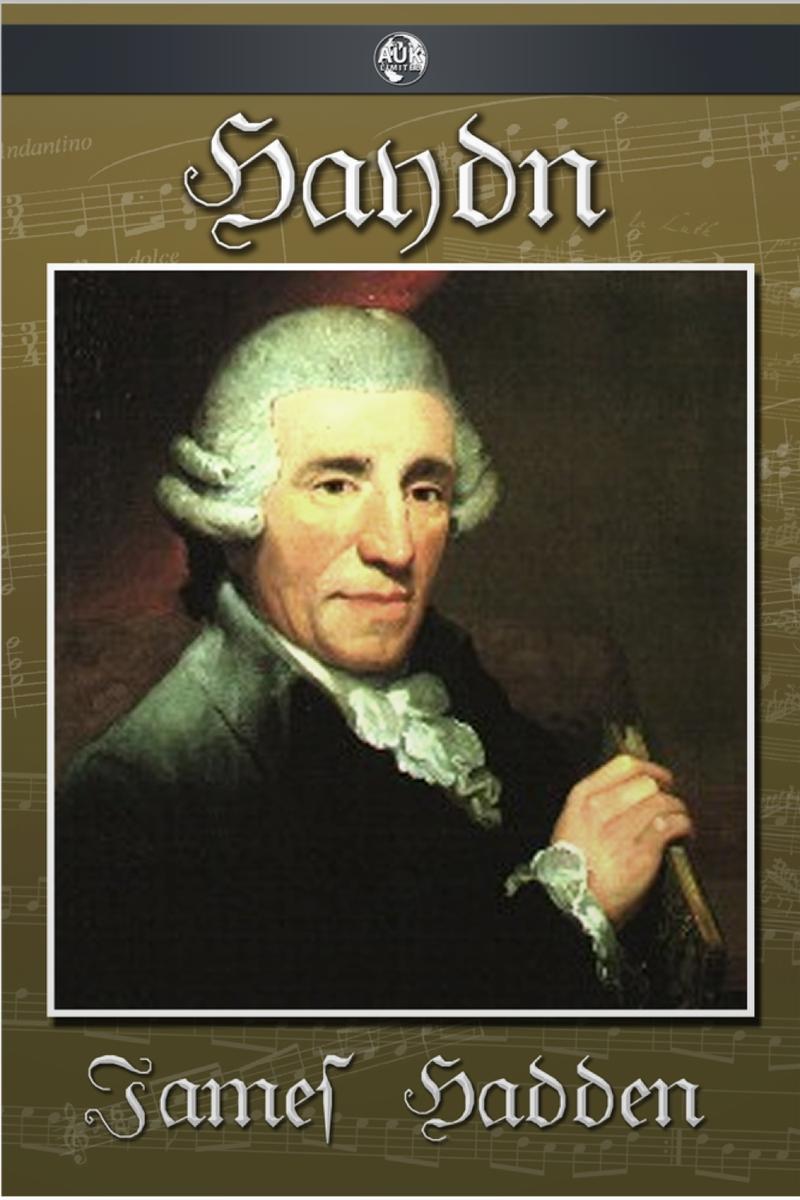
Haydn
¥19.52
A comprehensive guide to one of the greatest composers in history, Franz Joseph Haydn. This book covers the whole of Haydn's life and works.
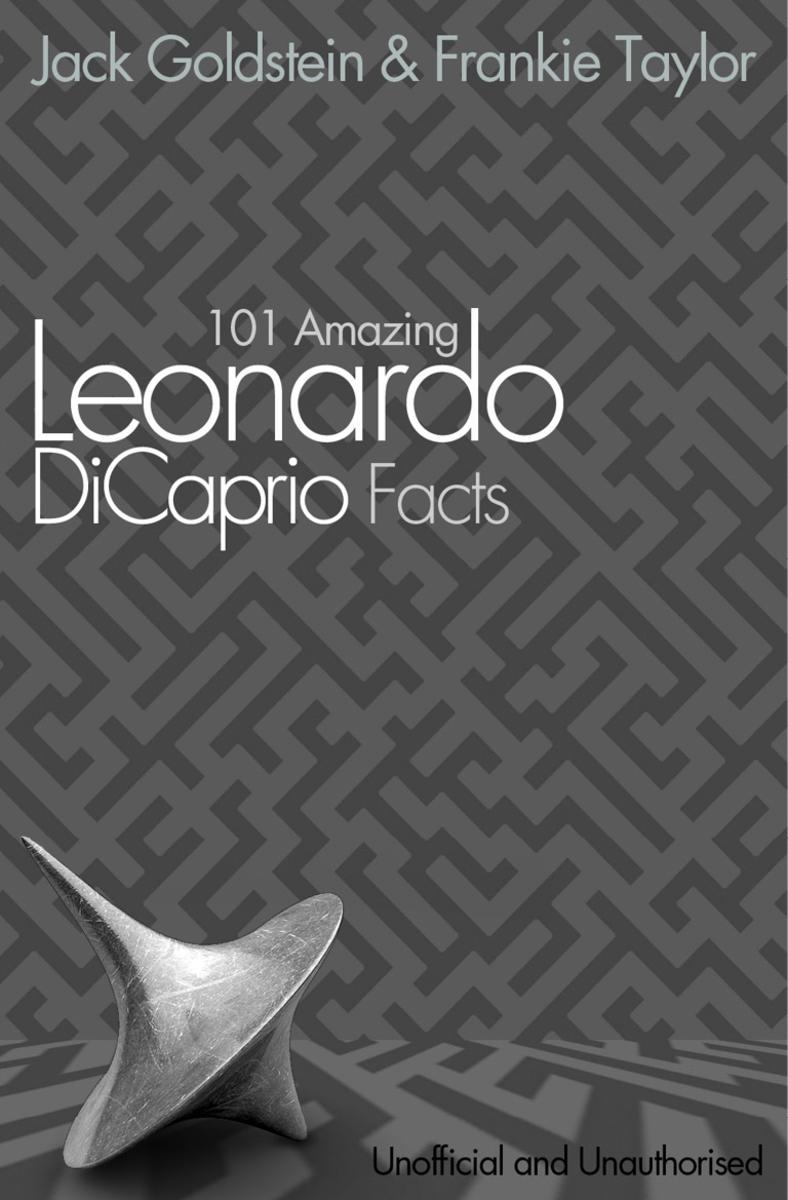
101 Amazing Leonardo DiCaprio Facts
¥19.52
Are you the world's biggest Leonardo DiCaprio fan? Do you know everything there is to know about the actor of a generation? Then this is the book for you! In this easy-to-digest eBook are 101 facts about your favourite movie star - do you know all of them?Test yourself and your friends with these handily-packaged facts easily organised into categories for maximum enjoyment. Sections include Leo's films, his family and friends and some crazy facts about his life!Whether your favourite film is Titanic, Inception or The Great Gatsby, this fantastic eBook is full of great fun facts for you.

101 Amazing Facts About The Wanted
¥19.52
Are you the world's biggest fan of The Wanted? Or do you want to find out everything there is to know about the world's greatest boy-band?If so, then this is the book for you! Contained within are 101 amazing facts about how they boys got started in the music industry, the women they have dated, incredible things about their personal lives plus many more. The book is easily organised into sections so you can find the information you want fast!
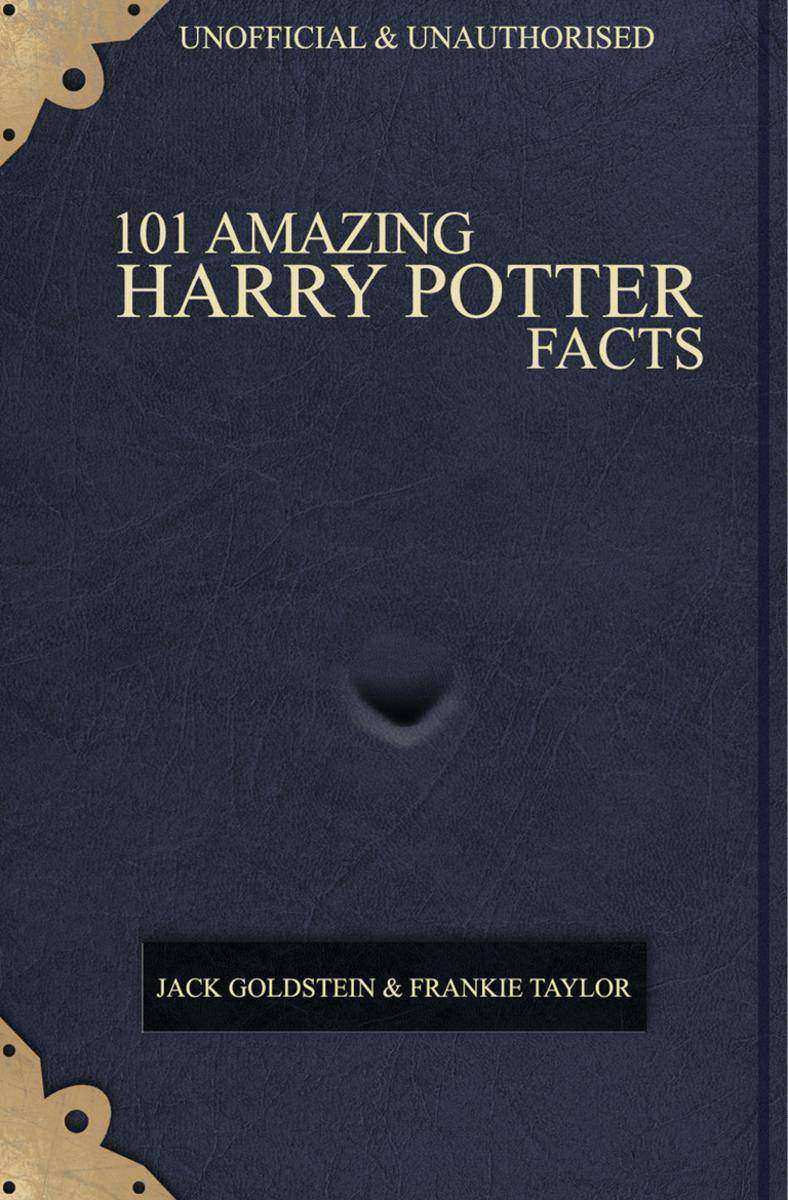
101 Amazing Harry Potter Facts
¥39.14
Runtime: 18 minutesThrough JK Rowling's series of Harry Potter books and the eight films, we have been introduced to a fantastic and magical world that many of us would like to visit. But what is the story behind what we see and read, and what are some little-known facts about the books, the films, the actors and the characters? This audiobook contains 101 amazing facts which you most likely didn't know!
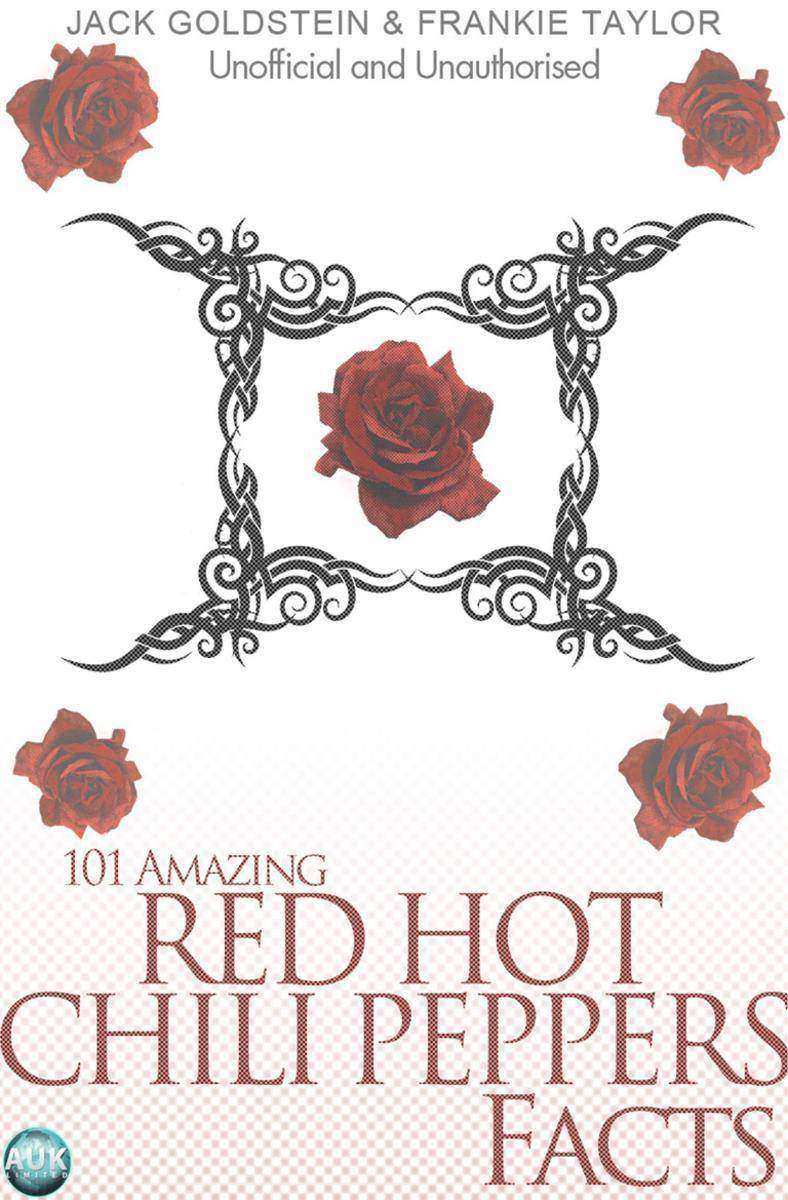
101 Amazing Red Hot Chili Peppers Facts
¥19.52
Are you the world's biggest Red Hot Chili Peppers Fan? Do you know everything there is to know about Anthony, Flea and the rest of the boys? Then this is the book for you! In this easy-to-digest eBook are 101 facts about your favourite band - do you know all of them?Test yourself and your friends with these handily-packaged facts easily organised into categories for maximum enjoyment. Sections include the members of the band, how they formed, awards they have won and some crazy facts about their antics over the years. Show everyone that you are the master of RHCP knowledge!

90s Movies Quiz Book
¥19.52
How well do you know your 90s Movies? This Quiz book will test even the most avid fan, with questions that span the 90s films of all genres! Test yourself and your friends with this 90s Movies Quiz Book.

A-Z of Atari 2600 Games
¥19.52
The A-Z of Atari 2600 Games: Volume 3 features reviews of three different games for each letter of the alphabet. The games range from the very earliest releases in the 70s to the modern homebrew games of today. This book shows you just how diverse the library of titles is for the Atari 2600 and how it became one of the best selling consoles of all time.
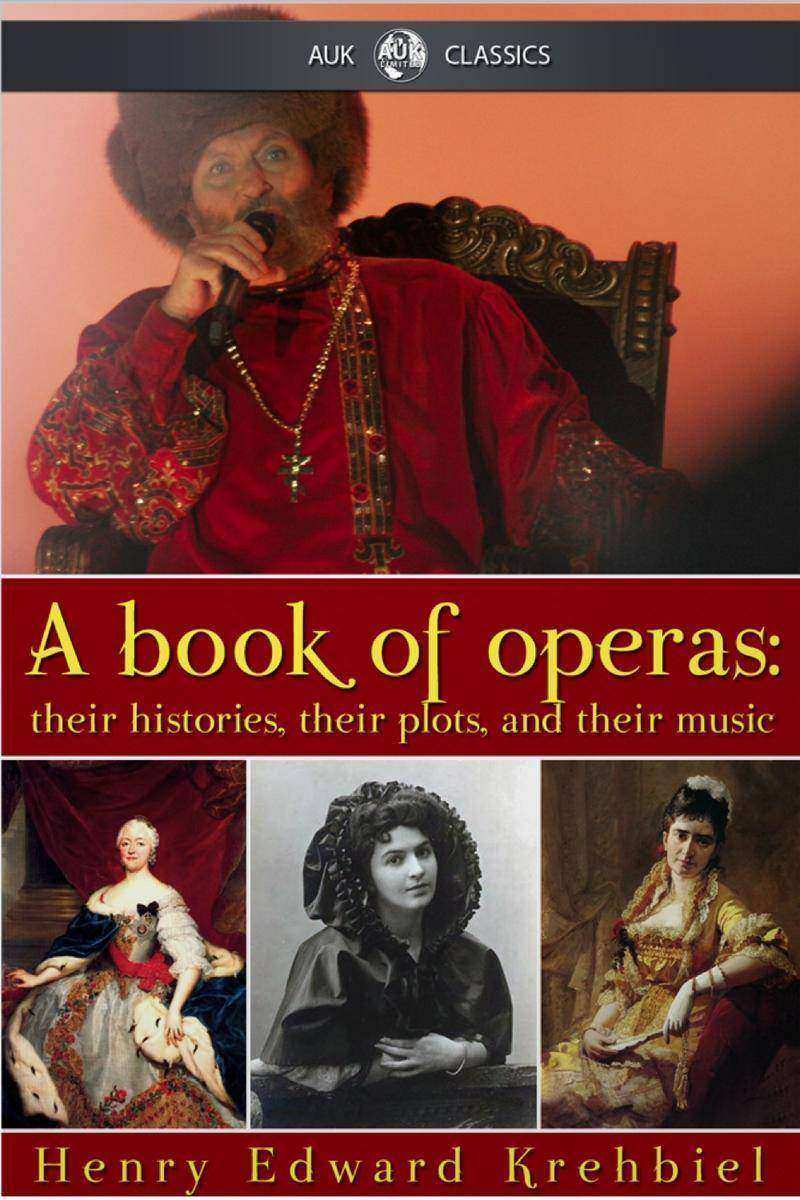
Book of Operas
¥19.52
A comprehensive study of several great operas from the renowned musicologist Henry Edward Krehbiel. Includes in-depth analyses of: Il Bariere di Siviglia Le Nozze Di Figaro Die Zauberfloete Don Giovanni Fidelio Faust Mefistofele La Damnation de Faust La Traviata Aida Der Freischuetz Tannhaeuser Tristan und Isolde Parsifal Die Meistersinger von Nuernberg Lohengrin Haensel und Gretel
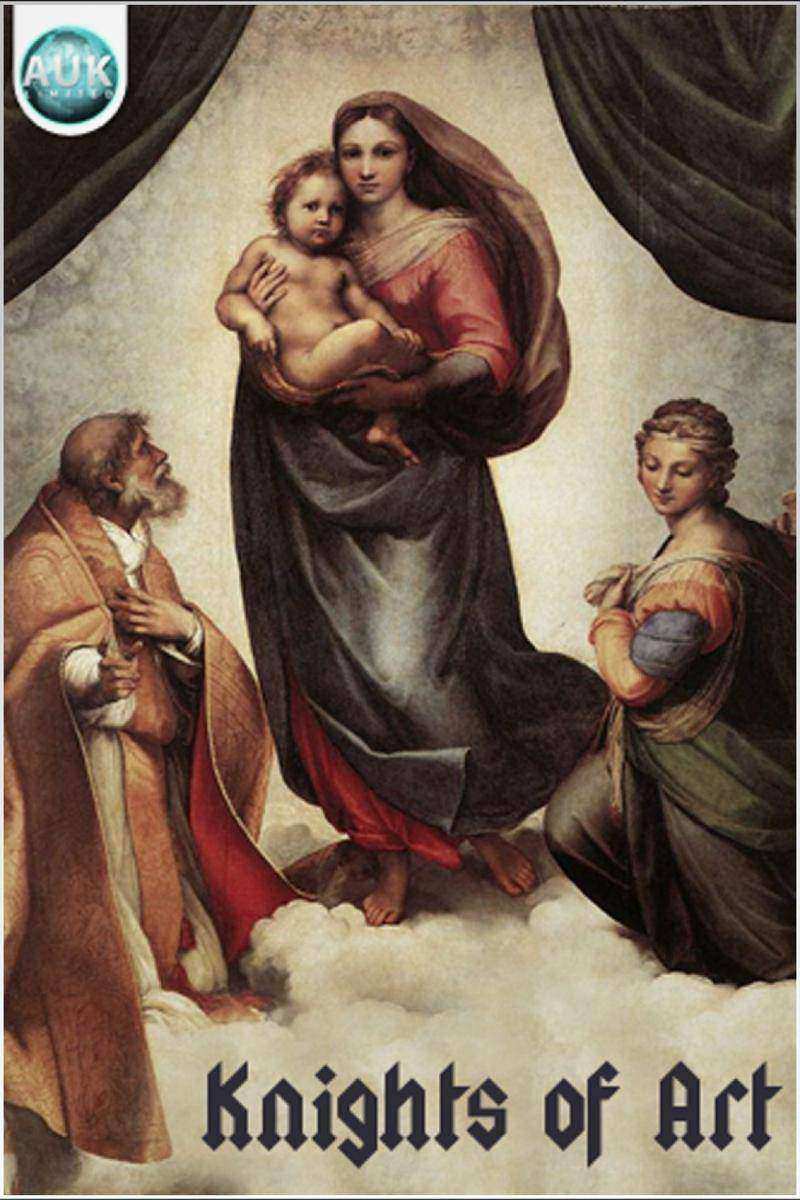
Knights of Art
¥19.52
The Renaissance,' a word which means being born again, or a new awakening, when men began to draw real pictures of real things and fill the world with images of beauty.Now it is the stories of the men of that time, who put new life into Art, that I am going to tell you--men who learned, step by step, to paint the most beautiful pictures that the world possesses.In telling these stories I have been helped by an old book called The Lives of the Painters, by Giorgio Vasari, who was himself a painter. He took great delight in gathering together all the stories about these artists and writing them down with loving care, so that he shows us real living men, and not merely great names by which the famous pictures are known. It did not make much difference to us when we were little children whether our pictures were good or bad, as long as the colours were bright and we knew what they meant. But as we grow older and wiser our eyes grow wiser too, and we learn to know what is good and what is poor. Only, just as our tongues must be trained to speak, our hands to work, and our ears to love good music, so our eyes must be taught to see what is beautiful, or we may perhaps pass it carelessly by, and lose a great joy which might be ours.So now if you learn something about these great artists and their wonderful pictures, it will help your eyes to grow wise. And some day should you visit sunny Italy, where these men lived and worked, you will feel that they are quite old friends. Their pictures will not only be a delight to your eyes, but will teach your heart something deeper and more wonderful than any words can explain.




 购物车
购物车 个人中心
个人中心



